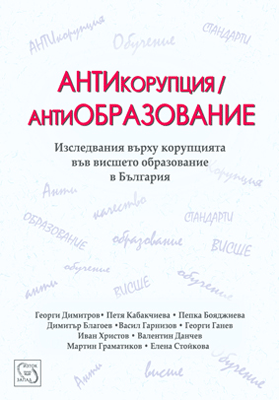
We kindly inform you that, as long as the subject affiliation of our 300.000+ articles is in progress, you might get unsufficient or no results on your third level or second level search. In this case, please broaden your search criteria.

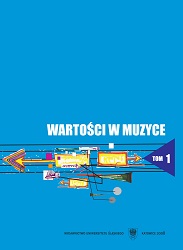
In her considerations, the author of the article proved both in theory and practice (through the students’ plastic works) that the languages of the music and plastic art have a lot in common making the performer closer to a better understanding of art. This skill should be taught to the future pedagogues of the art subjects during their studies. The stydents’ plastic works presented in the article confirmed the hypothesis that beauty and values can be expressed by means of different art languages.
More...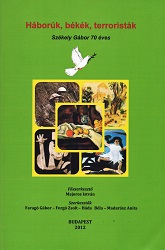
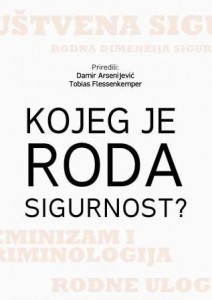
U Bosni i Hercegovini još uvijek traje reforma sigurnosnog sektora čiji dio je i redefinirana uloga žene u sistemu sigurnosti, s namjerom da se uklone predrasude o superiornosti muškaraca nad ženama. Napredovanje na rukovodećim pozicijama, bez obzira na spol, uslovljeno je postizanjem stepena visokog obrazovanja, ali i daljim učenjem i razvojem. Jasno je da ovaj proces treba analizirati kako bi se sagledalo trenutno stanje ali i poboljšao razvoj i uloga žene u sektoru sigurnosti. U ovom radu analiziraćemo uspjeh studentica na Fakultetu političkih nauka (odsjek Sigurnosnih i mirovnih studija) i Fakultetu za kriminalistiku, kriminologiju i sigurnosne studije Univerziteta u Sarajevu i uporediti trenutno stanje i potrebe u institucijama sektora sigurnosti.
More...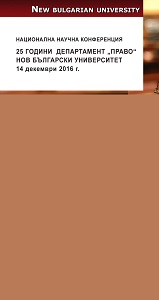
This paper analyzes the different methodological systems used in Bulgarian General legal theory. The choice of methodology is seen as a mean of achievement of the goals of legal education. I accept, that good legal education must prepare legal faculty graduates for the different social roles of modern jurists. In that connection the paper investigates the matter of the “non-legal” knowledge and gives an answer, if the legal education must provide social, political and philosophical knowledge to the students.
More...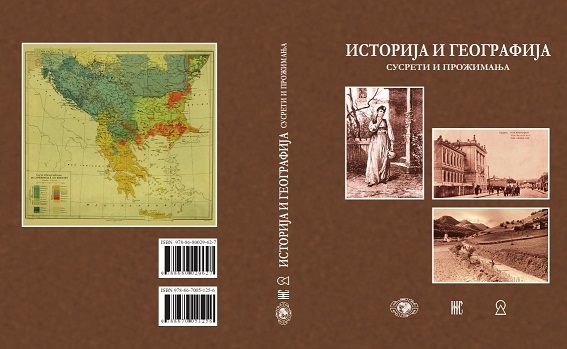
Applying the method of quantitative and qualitative analysis of primary documents (laws and bylaws), the relationship of historical, geographical and political and legal spaces and operation of Ministers of Education of the Kingdom of SCS was examined on the example of the institutions of the university and high education. The presence of historical, geographical, political and legal spaces required the existence of different legal systems in the provisory and after in the period to 1929, i.e. unfinished tendency to establish a unique legal space essentially determined the vertical and the horizontal organization of the Ministry of Education, and with it the action of the Minister to the University of Belgrade and the University of High Schools in Zagreb. The existing political and legal conditions determined the decision-making process of Ministers of Education toward the organization and the functioning of the University in Belgrade and Zagreb, which included a wide range of provisions that appeared in the double role: the role of the circumstances (environment) of decision-making and the role of deciding cases. Deciding on these particular colleges and higher education institutions is determined by political and legal regulations, on the one hand, and the characteristics of these institutions and their position in the educational system, on the other hand. At the time of the Kingdom of SCS, the diffusion of Belgrade University and the University of High Schools in Zagreb was very determined by different legal systems conditioned by the presence of historical, geographical and political and legal spaces. Acting of the Ministers of Education towards the two most important centres of higher education was consistent with the autonomy of the University of Belgrade that is, the University and College in Zagreb with respect of provincial autonomy in Croatia and Slavonia. After the abolition of the Provincial Administration, the University of Zagreb got the same form of autonomy as well as the University of Belgrade, and the effect of Ministers of Education continued accordingly. On the basis of autonomy, acting Ministers at the University of Belgrade and the University and College in Zagreb, in practice, confirmed the development of the organization and administration, as well as the construction and application of scientific and educational base. Ministers of Education of the Kingdom of SCS, in the course of their mandates and within the jurisdiction they had, for the University of Belgrade and its faculties, contributed to the development and construction of either faculty or university in general. The basics of the University of Belgrade with the Philosophical, Law and Technical faculty were placed before the First World War, during the Kingdom of SCS they were expanded by establishing three faculties: Agriculture, Medicine and Orthodox Theology. Among the Ministers of Education, Svetozar Pribićević contributed most to the development of some faculties and the University as a whole. Consistent application of the provincial autonomy in Croatia and Slavonia first, and then the autonomy of the University of Zagreb resulted in multiple development and construction of this center of higher education in the Kingdom of SCS. After the liquidation of the Provincial Administration of Croatia and Slavonia, the Economic-Commercial High School was developed especially owing to the Minister of Education Stjepan Radić, which was in accordance with the program of the Croatian Peasant Party to reform education, in part related to higher education from the time before 1918. Later, with the establishment of the autonomy of the University of Zagreb, the most were in favour of the establishment of new institutions, the development of scientific and educational base, the choice of part-time teachers and education commissions. During the term of office of the Minister of Education Milan Grol, the establishment of new institutions and the development of scientific-educational foundation were mostly fueled at the Faculty of Philosophy. Considering the effect of all Ministers of Education in the Kingdom of SCS, it is possible to conclude that the Ministers of education of the Yugoslav Democratic Party had the major contribution to the organization, administration building and advancing scientific and educational foundations at the University of Belgrade and the University of Zagreb.
More...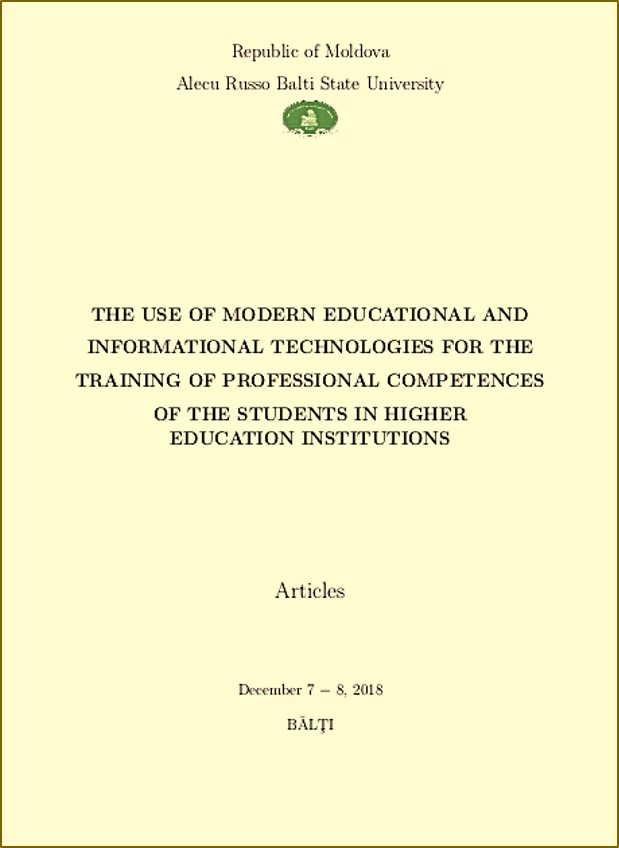
The paper demonstrates the importance of applying the graphical method in teaching - learning of physics. The practical part presents some graphical deductions of physical laws.
More...
The 21st century context seems to be quite challenging when it comes to discriminate between facts and opinions, truth and lies. Therefore, students should be equipped with the necessary skills which will enable them to judge the value of truth, to transfer the acquired knowledge to new contexts, to solve problems and to think critically. The article examines the importance of scaffolding the development of higher order thinking skills at the university level. Students appear to be rather unprepared to think critically. That is why the educator is to design the education process in such a way as to help students enhance their higher order thinking skills. The article examines some strategies applied to fourth-year students at Alecu Russo Balti State University, which can be used to help students become critical thinkers.
More...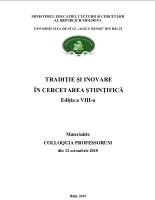
The article is devoted to some aspects of the organization and deployment of the University’s ICT Olympics for non-IT specialties of Bălţi State University of Alecu Russo. The significance and possibilities of the Olympics for the formation of professional digital competencies are revealed, and the conditions for its effective implementation are described.
More...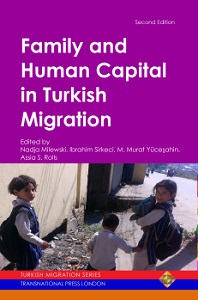
For more than a decade the countries of the European Union (EU) have been chasing their ambition to make Europe a centre of excellence’. In 2000 they formulated their common goal of making the EU the most competitive and dynamic knowledge economy of the world in the Strategy of Lisbon. The European Recovery Plan of the European Commission, which aimed to combat the most recent economic crisis, emphasized the importance of the innovative knowledge economy and scientific research (European Parliament, 2010). To fulfil the targets of the Europe 2020 Strategy (e.g. increasing productivity, competitiveness, economic growth, solving the problem of labour shortage in sectors of innovation), stimulating intra EUlabour mobility or needs-based migratory flows were named as relevant policy tools. Similarly, encouraging highly skilled immigration from non-EU countries was considered to be essential. In the EU, the share of the highly educated among migrants born outside the EU was almost negligible - only 2% - compared with 4.5% in the USA, 8% in Australia and almost 10% in Canada. As a consequence, the EU-countries got engaged in a global ‘battle for brains’, not only as a union, but at the same time among themselves in order to attract the ‘best and the brightest’ and to reach sustainable economic growth.
More...
Germany is facing a shrinking and ageing population due to a sustained decline of the country’s birth rate and a longer life expectancy of its population. As a result, the population is expected to decrease to 70 million in 2030 (BMAS, 2011), from 80.62 million in 2013 (Statistisches Bundesamt, 2014), while the labour force is predicted to drop by 4% between 2010 and 2020 (OECD, 2013a). The German Federal Employment Agency (FEA), moreover, expects a skilled labour deficit of around 5.4 million in 2025 (FEA, 2011). This development preoccupies policymakers as well as business representatives, because the availability of highly qualified human capital is seen as a basis for the country´s prosperity (Czernomoriez, 2009). Especially the growing shortage of specialists in the MINT subjects, i.e. Mathematics, Informatics, Natural Science and Technique, might have severe consequences for the economy. In order to find a way to cope with this situation, the attraction of highly skilled people from abroad has come into the focus of German politics. Hence, with the New Immigration Act (“Zuwanderungsgesetz”) in 2005, Germany officially accepted its status as an immigration country, and accordingly put a regulatory framework in place. Consequently, the new law and its following modifications made Germany one of the countries with the lowest entry restrictions to the domestic labor market towards highly-skilled migrants within the OECD area (OECD, 2013a).
More...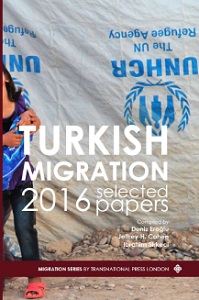
Persons with migration background have become a central issue in research in the past few years, especially according to the current migration debate in the German speaking countries (Brian, 2009; Frum, 2015; Straubhaar, 2016). However, the statistical and scientific evidence of students with Turkish migration background, who are found in higher qualification levels of the tertiary education sector, are so far underexplored. The available data refers almost exclusively to secondary education and the tertiary area is not considered (Müller, 2012).
More...
The stereotype of the Muslim woman in public discourse is built upon the image of an oppressed and uneducated person. “Allah`s rechtlose Töchter. Muslimische Frauen in Deutschland” (Lawless daughter of Allah. Muslim women in Germany). This headline of an article published in Germany`s news magazine “Der Spiegel” discussed troubled living conditions of Muslim women oppressed by their families (Schießl & Schmidt, 2004). The Muslim woman is also stereotyped in political debates. A woman with black chador was at the center of a poster for anti-minaretinitiative of the Swiss People’s Party (DiePresse, 2009). The conducted research also considered the fundamental fact that many Muslim women in Austria still move within their traditional cultural values. According to the information provided by the Austrian Integration Fund from the year 2010, the increase in Muslim population between the years 2001 and 2009 was due to a much greater extent on a higher birth rate than on immigration (Marik-Lebeck, 2010). Parallel to this mainstream traditional attitude of Muslim women in everyday life one can also notice that the traditional image of women is also deeply rooted in the religious handbooks which are used as an orientation by many Turkish muslims in everyday life.
More...
Skilled labor migration is a major concern for developed and developing countries. Some sending countries has achieved significant successes in dealing with this problem. Some countries are using diaspora channels effectively. Through diaspora networks contributions, they are able to compensate some of the loss caused by the skilled out migration. Firstly, in this study, the terms are described and the literature on skilled migration, diaspora and diaspora networks are visited. Then, diaspora networks have been categorized based on their characteristics. Findings of a research on Turkish diaspora and their contribution to Turkey are presented before conclusion with some remarks on Turkey.
More...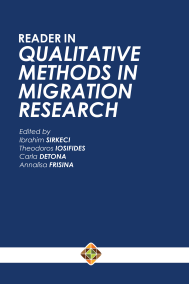
This paper focuses on gendered mobilities of highly skilled researchers working abroad. It is based on an empirical qualitative study that explored the mobility aspirations of Austrian scientists who were working in the United States at the time they were interviewed. Supported by a case study, the paper demonstrates how a qualitative research strategy including graphic drawings sketched by the interviewed persons can help us gain a better understanding of the gendered importance of social relations for the future mobility aspirations of scientists working abroad.
More...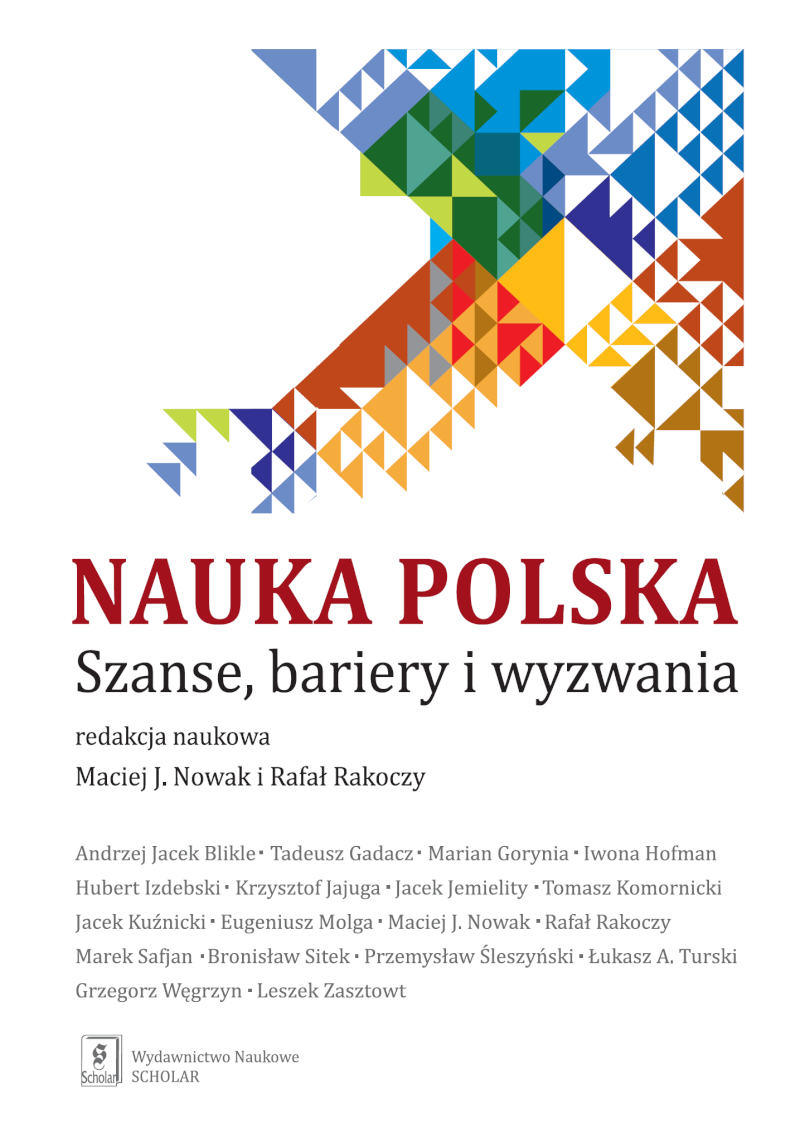
Pomimo stwierdzania licznych problemów, barier i złych praktyk autorzy wciąż dostrzegają możliwości naprawy i rozwoju nauki. Zapewne kluczowe jest kształtowanie odpowiednich postaw naukowców, ich indywidualnego podejścia do spraw naukowych. Dobrze byłoby, gdyby uwarunkowania formalno-instytucjonalne nie stwarzały w tym zakresie barier ani nie narzucały konieczności koncentracji na sprawach z perspektywy prawdziwej nauki marginalnych. Pozostaje wyrazić nadzieję, że również przedmiotowa monografia przyczyni się do przypomnienia naukowych priorytetów.
More...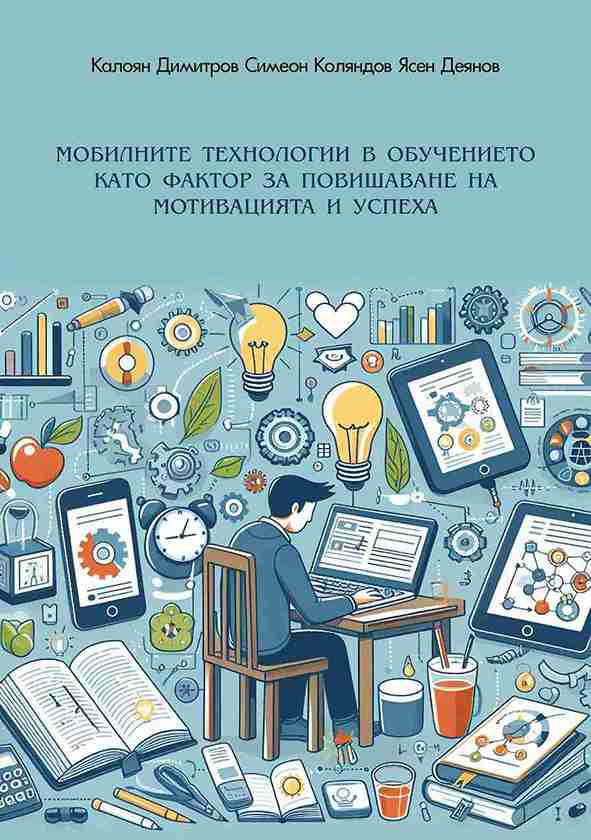
The research aims to uncover the richness of the application of modern mobile technologies in higher education to support the improvement of relationships and the effects of their use on students' intrinsic motivation and academic success. А research on the topic complements and extends empirical findings in educational field by (a) measuring used mobile technology and student motivation in learning; (b) analysing correlations in theoretical constructs “mobile technology” and “intrinsic motivation”; and (c) identifying statistically significant relationships, interactions and effects between used mobile technology in learning, motivation and academic success of undergraduate students at the University of National and World Economy (UNWE). The research framework adapts the application of Deci & Ryan's (2000) “Self-determination Theory” and Davis' (1989) “Technology Acceptance Model” by introducing the external variables “Value of Mobile Technology” and “Academic Success” into a general theoretical-empirical model. According to the results of an empirical study carried out on a sample of 200 students of the Business Faculty at UNWE, were 1) confirmed the three working hypotheses and the thesis of the study; 2) identified leading aspects in the use of mobile technology in learning; 3) identified important benefits of mobile technology in learning; 4) three sets of recommendations for research stakeholders: university and higher education faculty, relevant management of educational institutions and their students.
More...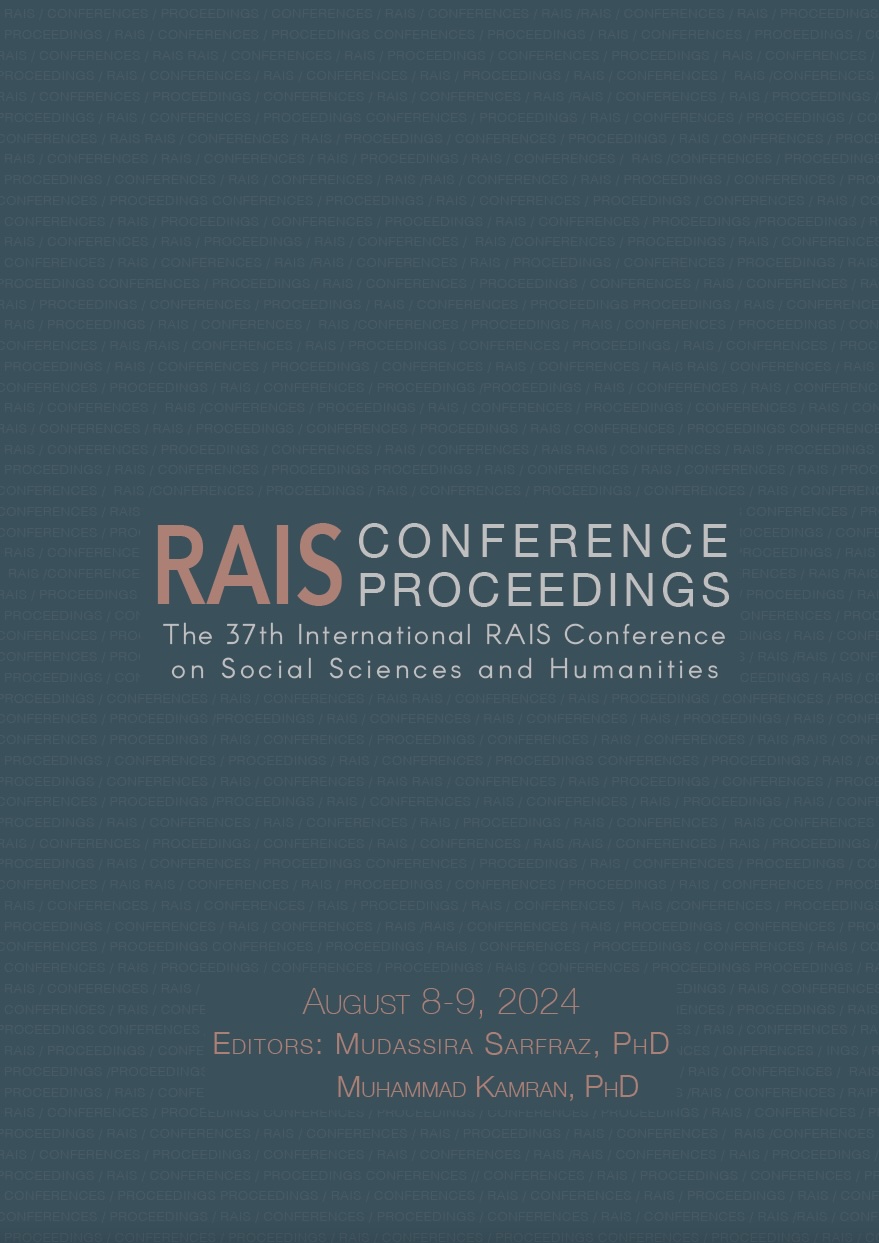
The 37th International RAIS Conference on Social Sciences and Humanities was held at The Erdman Center, 20 Library Place, Princeton, NJ 08540, USA, on August 8-9, 2024, and was organized by the Research Association for Interdisciplinary Studies.
More...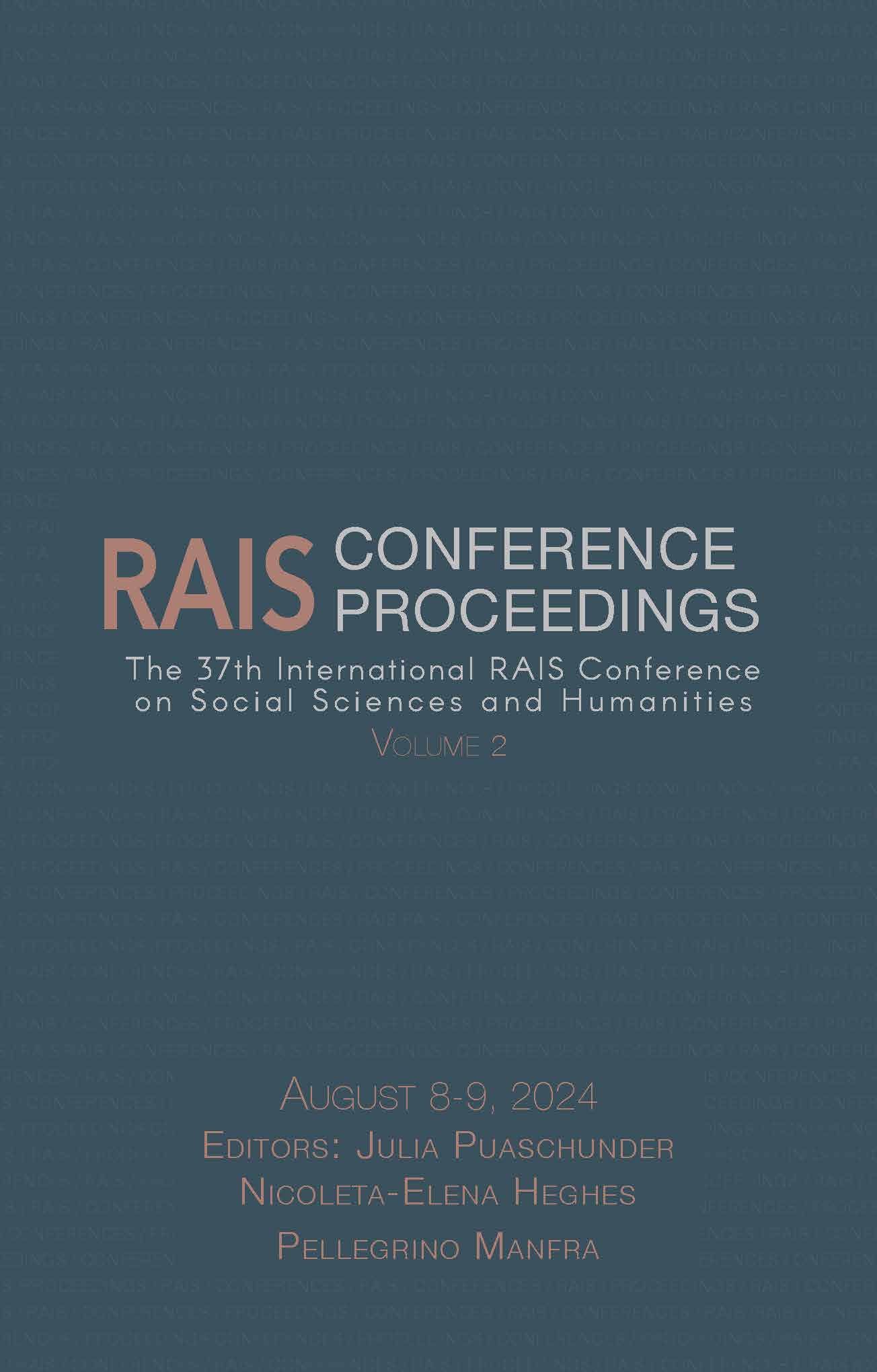
The 37th International RAIS Conference on Social Sciences and Humanities was held at The Erdman Center, 20 Library Place, Princeton, NJ 08540, USA, on August 8-9, 2024, and was organized by the Research Association for Interdisciplinary Studies.
More...
The 12th International Conference on Application of Information and Communication Technology and Statistics in Economy and Education (ICAICTSEE-2022), was held on December 2 and 3, 2022 at the University of National and World Economy (UNWE), Sofia, Bulgaria. During the conference, the results of the application of ICT in various fields of economy, education and related fields of scientific knowledge were presented, and certain advanced and emerging research trends of long-term significance were discussed. The conference was held under the auspices of the International Federation for Information Processing (IFIP).
More...